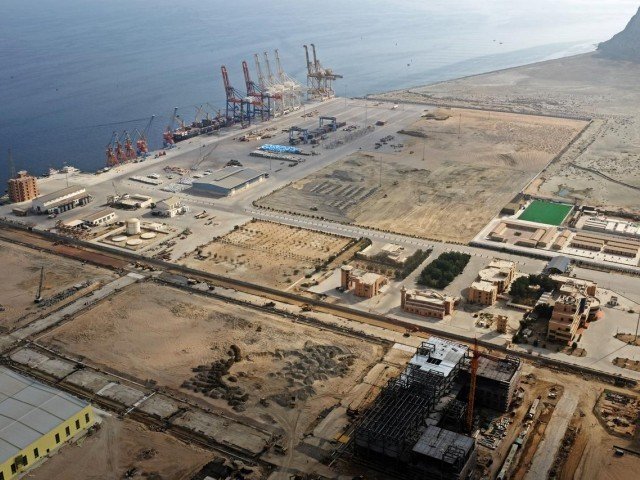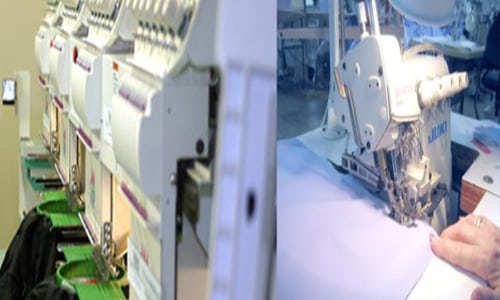
Axel Dreyer notes that all automotive manufacturers have set aside major chunks of their R&D budgets to invest in electric power trains and autonomous driving.
(File photo)
Next-generation vehicles must ensure comfort, safety and an all-inclusive platform to drive the future.
In a time marked with rising concerns about global warming and increased pressure on reducing emissions, the future of mobility can be nothing but sustainable and autonomous.
Automotive manufacturers around the world have already made significant progress, especially in the field of electric vehicles (EVs) and hybrids, with the popularity of these vehicles among motorists expected to increase over the next few years.
Axel Dreyer, CEO of Galadari Brothers Automotive Division, noted that all automotive manufacturers have set aside major chunks of their R&D budgets to invest in electric power trains and autonomous driving.
"The outcome is already revolutionary and I believe that the progress and innovations that we will see in the next 10 years will be equally important as the last 50 years of automobile history. Crucial for success is an EV deployment plan with attractive fiscal incentives, comprehensive charging infrastructure and common activities from government entities and the industry to increase awareness," he said.
Speaking about the future of driverless vehicles, especially in the public transportation system in countries such as the UAE, Dreyer noted that there is a good opportunity for full autonomous public transport on dedicated routes to grow in the UAE.
This, he said, can be combined with electric or hybrid technology to reduce carbon footprint.
"For individual usage, I believe that it will take another three to four years until the technology is fully capable of autonomous driving at Level 5 under all conditions. The current progress and innovations in AI will support Level 5 autonomous driving," he said.
"We are highly optimistic about the future of electric vehicles in the region," said Thierry Sabbagh, managing director of Nissan Middle East. "As the technology continues to advance at its current rate, electric cars will be readily available for consumers worldwide. Our aim for the future is to continue to do all we can to make electric vehicles an attractive proposition for drivers everywhere, and we are working towards allowing customers to experience the future of mobility first-hand by providing our technologies to the masses."

Nissan released the Leaf, the world's first mass-market EV, in 2010, and followed it up with its second edition in October 2017. It became the first electric car in history to surpass 560,000 sales.
"We have a crucial role to play in encouraging and inspiring consumers about EVs, ensuring that the positive impacts are accurately conveyed, both for themselves and the environment," said Sabbagh.
However, what Nissan has truly set its sights on is the autonomous car - a car that one day will be capable of driving, parking, and even refueling itself. Advances in artificial intelligence are making autonomous vehicles smarter, more responsive, and better at making decisions across different driving environments.
For the now, and the short-term future, NIM technologies alert you to risks detected from all sides of the car. It can apply the brakes if necessary, or warn you if someone is in your blind spot. The future of self-driving is to further develop these technologies for the car to make those decisions in efforts of reducing accidents caused by human error and inattention.
Besides public transportation, another sector that stands to benefit the most from self-driving cars is the logistics sector.
"Studies indicate that there are about 6,000 shipping companies in Dubai and more than 64,000 trucks of various loads, which generate about 306,000 trips per day, thus accounting for about 13 per cent of total daily mobility trips in Dubai," said Mattar Al Tayer, director-general and chairman of the board of executive directors of the Roads and Transport Authority.
"Commodity dispatch during the first and last-mile challenge in the city is among the top services with immense impact on the economy as a whole. Therefore, it is anticipated that new operation models or innovative vehicles will be developed for delivering goods in the first and last mile in the near future."
Matthew Davidson, head of motors services at dubizzle, noted that the UAE has been at the forefront of driving change in the region to support the development of the electric-autonomous automotive market.

The government is targeting a 20 per cent adoption of electric vehicles in its own fleet by 2020, and 42,000 electric vehicles on its streets by 2030. In addition to this, the government recently initiated the first phase of a legislative framework to ensure the highest level of efficiency, reliability, and security of smart mobility, with new rules for self-driving cars.
There are also several steps being taken to make it easier to own an electric vehicle. Last year, the Dubai Electricity and Water Authority installed 100 electric vehicle charging stations in Dubai, bringing the total number up to 200. This number is expected to continue growing, and property developers are increasingly considering installing EV charging stations in new projects. These developments are all positive steps towards encouraging the adoption of electric cars
Experts said that the impact of automation, mobility sharing, and electrification will significantly contribute to the sustainability of the planet by helping to use renewable resources, with high efficiency levels, which will in turn positively impact the environment.
The correct application of autonomous vehicles and mobility-as-a-service, as well as proper infrastructure and urban planning, will result in less congested cities and a less polluted environment, which also has a positive impact on our health. In addition, autonomous driving will massively contribute to the reduction of traffic-related accidents, which will in turn reduce road fatality rates.
Source: This news has been taken from https://www.khaleejtimes.com/








